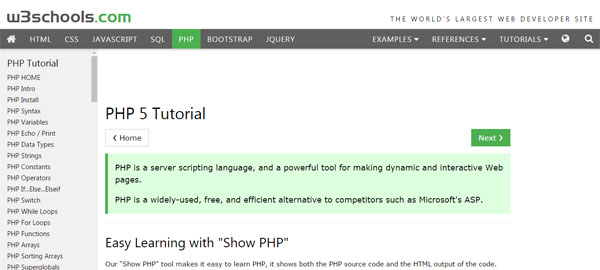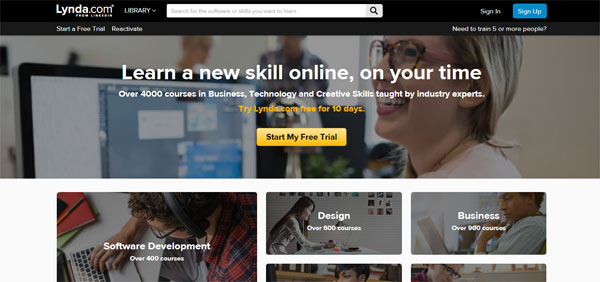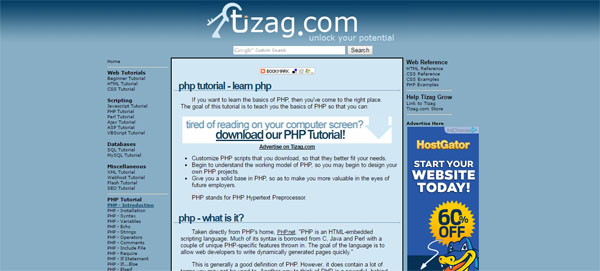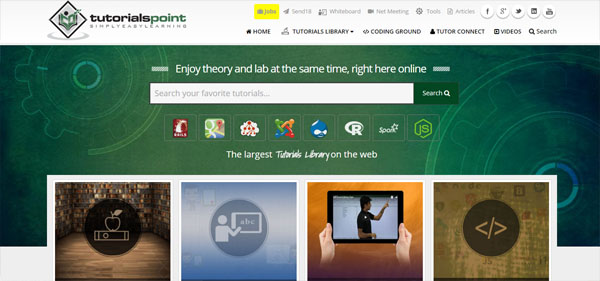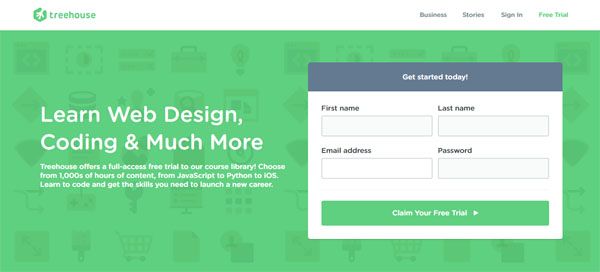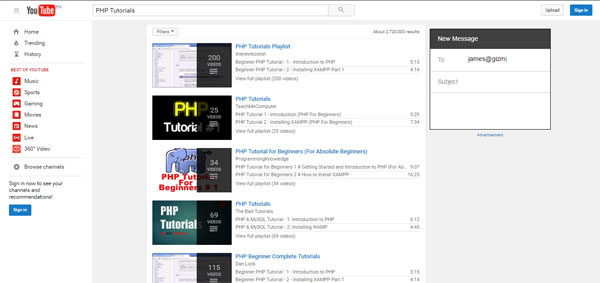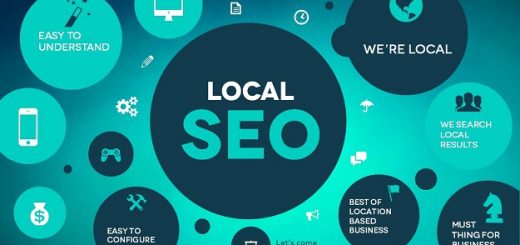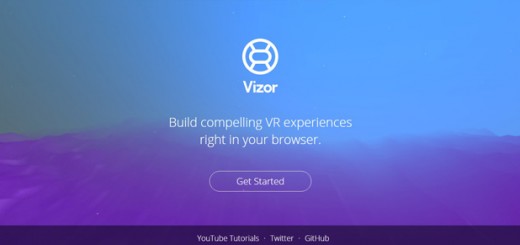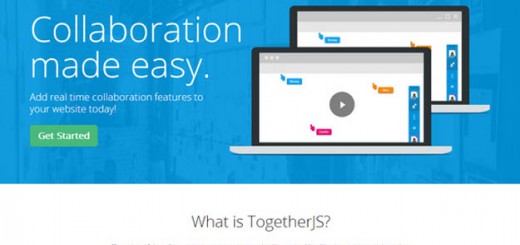Learning something from scratch can be intimidating sometimes. Simply because you have no idea where to start or how to learn all what you want to learn within a specific amount of time.
Although PHP is one of the easiest languages out there to learn, it is somewhat difficult to master. Some of you might be disagreeing with me right now with my statement but let me explain my point. There are some instances in a PHP program wherein you have a lot of different ways to do the same thing with only two or three ways being accepted by the PHP community as the “most correct way”.
This may vary according to opinions, workflow and ways of different PHP developers out there. For some logical programmers, learning PHP is only a skin on the pig. What do I mean? A logical programmer who knows the logic of a project usually dissects it into logical components and elements and then orders the operations to be use before finally coding it in a language. This gives him the ability to learn easily any language under the sun that is varies often and the syntax or structure of codes.
For a complete beginner it maybe a different process of learning. There’s a lot to learn when it comes to PHP and MySQL, but getting up and running with the basics will only take a little bit of time.
This article is intentionally made to be your road map to your PHP learning curve. We will also tackle the best resources you can go just in case you will be stack in a certain codes or tasks. Ok enough talking let’s jump in.
I’ve never thought of PHP as more than a simple tool to solve problems.
–Rasmus Lerdorf, Creator of PHP
Road Map #1: Understand what PHP and MySQL are
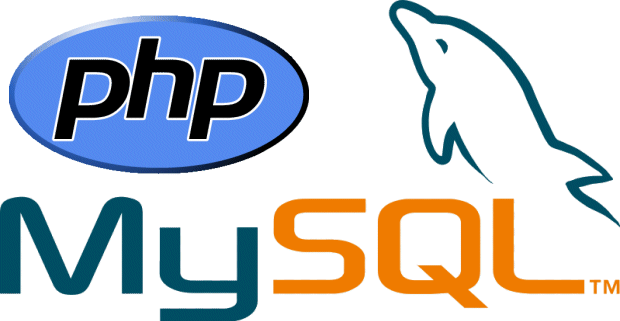
Although every beginner is excited to jump over on the coding part and skip the definition or theory part of PHP, it is a good start to know what is the language was made for. Things like “PHP scripts are executed on the web server then the result is displayed using HTML on a web browser” is a must know before diving into the syntax. Aside from this you also need to learn MySQL because both PHP and MySQL works together like a pen and a paper. It is also essential to learn how MySQL can drive the creation, editing, updating of information under the databases on your server.
Road Map #2: Get a Web Hosting Server or Install an Offline Web Server like Xammp or Wampp
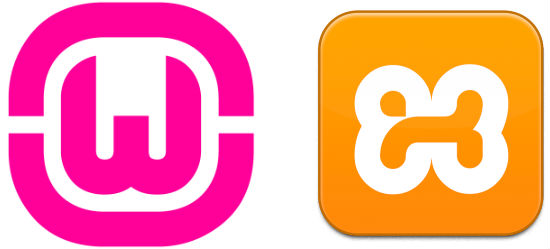
In order to use PHP and MySQL, you wil need to have a web server. As I’ve said above, PHP codes are executed on the web server so you need a server either online or offline. There are plenty of good but cheap server hosting provider out there like Hostgator and Bluehost that you might wanna use.
For offline webserver there are plenty of available offline web applications like Xampp and Wampp that you can install to your local computer.
Road Map #3: Find Good Tutorials, Resources and Start Learning
There are a variety of ways that you can learn PHP and MySQL. A lot of blogs, online courses, books and online resources are available on the internet. Below I listed down the top 10 best resources you can check out to feed your brain with PHP and MySQL.
1. PHP Official Website
Although there are a lot of good resources on the web, the best site where you can see all types of variable and operator list, scripts and updates is on the PHP Official Site.
2. W3Schools
Is one of the most popular resources on the web. It offers free step by step web development instructions and covers basic to advance syntax for PHP and MySQL.
3. Lynda
Lynda is consists of is a privately online education company offering a thousands of video courses in software, web design/development and business skills. It offers basics and advance tutorials for PHP and MySQL. Please take note that there is a monthly, annual or premium subscription charge.
4. Tutplus
Is under Envato, an australian-based company that provides both written and video coruses to teach people skills in a variety of topics. There are a lot of blogs you can see here about PHP and MySQL though I preferred the video courses (premium with annual or one time payment charge) since they have an in-depth teaching about PHP and MySQL.
5. Tizag
Tizag is also a great website to check out since it was design to teach beginners to various topics like PHP, MySQL, HTML and CSS3.
6. Udemy
Udemy is a web platform for online learning. While some generate creadit toward technical certification most do not are taken only for self-improvement. Udemy courses also comes with a price which means its not for free.
7. Tutorialspoint
Is an online reference that offers free online education to the people who wants to learn different programming topics. Aside from PHP and MySQL they also offer tutorials for JAVA, Python and Perl.
8. Treehouse
Treehouse is another great online video resource that offers variety of programming tutorials. Like the other online video courses provider it comes with a price with 14 days free trial.
9. Youtube
Who says you can only learn thru educational sites? You bet! Youtube also has a plenty of video tutorials where in you can learn different programming languages such as PHP, Perl and Python.
PHP and MySQL Book Resources
Videos can give you a good foundation but as time goes by you will feel hungry for more and more knowledge. Below I listed the books that you can check out.
1. PHP for Absolute Beginners by Jason Lengstorf
On this book Jason Lengstorf introduces PHP by building a PHP-based logging site while covering all the good practices and skills you need when you start your own projects.
2. PHP: The Complete Reference by Steven Holzner
On this book, Steven Holzner will teach you how build dynamic, cross-browser Web applications with PHP. It explains how to personalize the PHP work space, define operators and variables manipulate strings, and arays.
3. PHP Cookbook by Adam Trachtenberg, David Sklar
This cookbook has a perfect solution for problems that PHP programmers face regularly. It contains topics that range from beginner questions to advanced web programming techniques.
Road Map #4: Try creating simple applications
After learning the basics what’s next? Yes! you need to practice! Learning how to insert, view, update, delete (also known as CRUD) on the database is a good start. Creating simple applications like simple login and registration system will boost your knowledge about PHP and MySQL.
Knowledge without application is like a book that is never read
-Christopher Crawford, Hemel Hempstead
Road Map #5: Start Using PHP Frameworks
When you are already learning a lot with PHP and MySQL, you might wonder if there is a way to improve your workflow instead of creating them from scratch repeatedly.
At this point, PHP frameworks will be your best friend. A framework gives you standard solutions to typical problems like for example in an online shop that can cover the functionality for a customer login, a shopping cart, placing orders and so on.
The advantages of using a framework are:
- You don’t need to reinvent the wheel, no need to create everything from scratch.
- The code is already working and was tested.
- Secured user authentication.
The disadvantages of using a framework are:
- You need to have a knowledge with OOP if you want to add or edit functionality.
- Always improving so you also need to adopt to its updates.
List of Good PHP Framework to speed up your development:
- PHP Cake – an open-source, rapid development framework for PHP. It’s a foundational structure for programmers to create web applications.
- Laravel – is built on top of several Symfony components, giving your application a great foundation of well-tested and reliable code.
- Symfony2 – is a PHP web application framework for MVC applications. Symfony is free software and released under the MIT license.
- Zend Framework – is an open source, object-oriented web application framework implemented in PHP 5 and licensed under the New BSD License.
- Code Igniter – is a proven, agile & open PHP web application framework with a small footprint.
Road Map #6: Join the PHP Online Community
After learning PHP there might be some instance wherein you are stack within specific blocks of code and won’t make it work. Good thing there are plenty of PHP online community (also known as forums) out there that you can be a member. You might wanna check the following.
- Stack Overflow – is a question and answer site for professional and enthusiast programmers. It’s built and run by you as part of the Stack Exchange network of Q&A sites. With your help, we’re working together to build a library of detailed answers to every question about programming.
- PHP Coding Help – is an online community for PHP developers. A fast growing community where in developers shares their thoughts for a specific topic of PHP. It is a great place to improve your PHP knowledge and to help others.
Road Map #7: Explore More and Stay Up to Date

Even if you gained a lot of experience in PHP programming and call yourself as a PHP Master, you can’t just sit back and relax. Every language is progressing and updating so are you.
Just like the other programming language there is always a room to improve security, syntax, variables and so on. Of course everything is for the benefits of the users.
The bottomline is: Always stay up to date!
Wrapping Up!
There you have it! Your very road map to success in your PHP learning curve!
You probably want to learn how to write web applications or software in a hurry but it doesn’t always happen that way. Learning also takes time especially if you are a complete beginner.
As a final word, I would recommend learning the official documentation of PHP like the back of your hand and the best way to do that is to start writing some small applications in PHP.
Hope you learned something from this article and if you feel I’ve missed some points here please put it on the comment section and I would love hear it. Thanks again! See you again next time!


